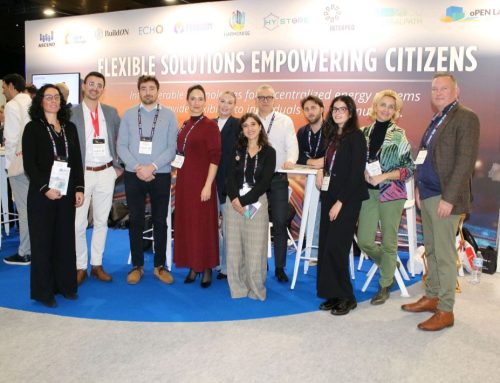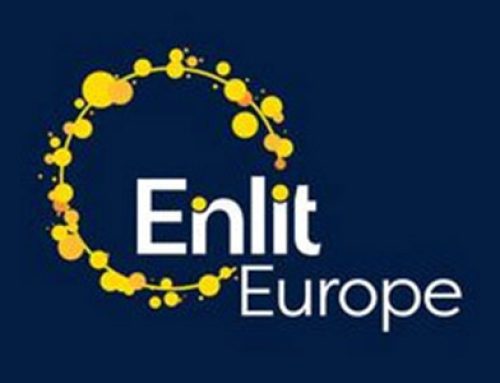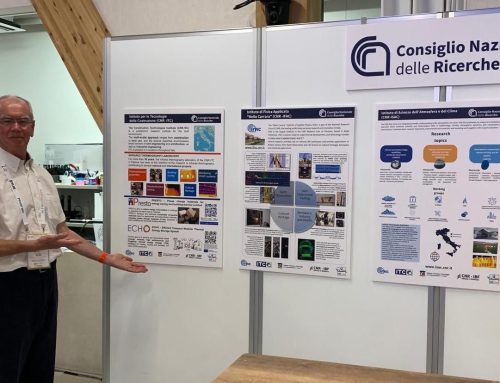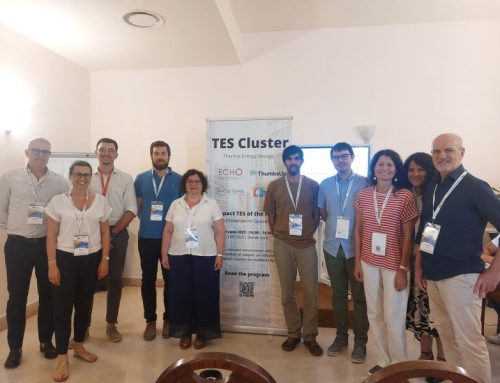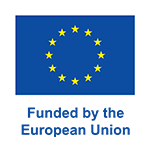01 April 2025
Efficient energy management in buildings is key to meeting the EU’s climate targets. Heating and cooling alone account for half of Europe’s total energy demand, making it crucial to reduce consumption and integrate renewables. Thermal energy storage (TES) offers a promising solution by storing excess heat or cold for later use, improving grid flexibility and cutting fossil fuel reliance.
The EU-funded ECHO project addresses this by developing a compact, modular TES system for residential and commercial buildings. Designed to store energy for up to four weeks, it combines advanced thermochemical and phase change materials with a custom heat pump and intelligent control systems. AI and predictive analytics allow the system to respond to real-time energy needs and support sustainable energy use.
In its first two years, the project has reached several milestones: a comprehensive TES database and regulatory SWOT, identification of the most efficient materials, and installation of a first lab-scale prototype in Ferrara, Italy. The ECHO Thermal Storage Simulator (TSS) has also been validated, enabling large-scale simulations to assess market readiness.
Despite this progress, public awareness of TES remains limited. That’s why communication and outreach remain key as the project moves toward real-world testing and system optimization. ECHO aims to deliver a flexible, plug-and-play solution that supports Europe’s clean energy transition.
These topics will be discussed at ICSET 2025 – International Congress on Sustainable Energy and related Technologies, at the TES Cluster workshop “Compact TES of the Future: from challenges to opportunities” taking place in Lipari (Italy) on June 24th, 2025.
Read the complete agenda of the event at the following link: https://echo-euproject.eu/compact-tes-of-the-future-workshop-in-lipari-echo-project/

